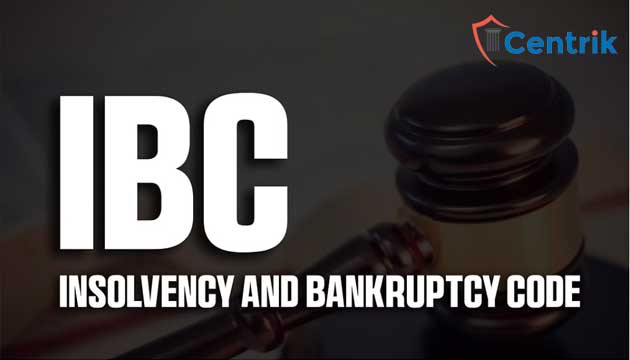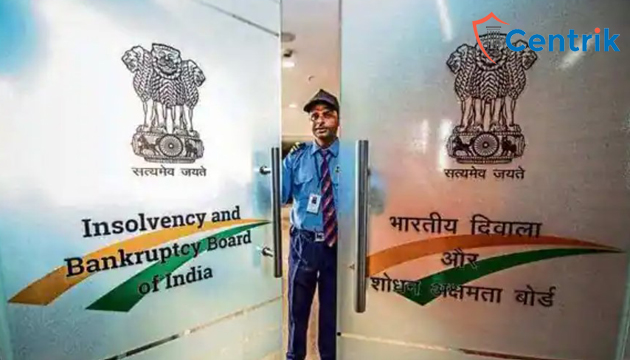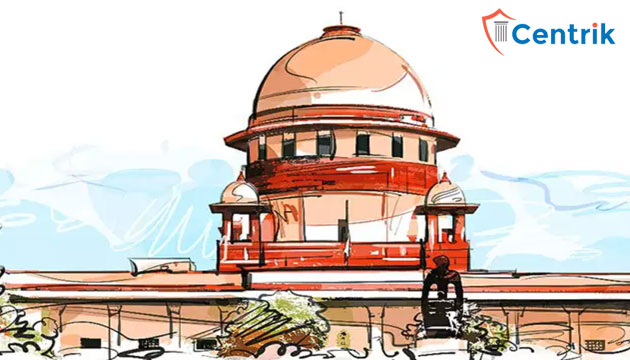Promoters toiling with Insolvency and Bankruptcy Code
Main reasons for the delay is the spate of litigations by the promoters. Once the CIRP order is passed, the promoters get into the action with the sole objective of getting back the company at a cheaper price.













 join For Updates
join For Updates